Hello! My name is [Ram Prashad], and I have always been passionate about contributing to the growth and development of rural communities in India.
My journey with rural development began in 2008 when I joined MGNREGA where I worked on various projects aimed at improving the livelihoods of rural families.
Over time, I witnessed the transformative power of community-driven development and how it can uplift entire villages.
When I first heard about the Mahatma Gandhi National Rural Employment Guarantee Act (MGNREGA), I was inspired by its mission to provide guaranteed employment to rural households.
This landmark scheme aims to enhance the livelihood security of people in rural areas by providing at least 100 days of wage employment in a financial year.
It was clear to me that MGNREGA was making a significant difference in the lives of millions, and I wanted to be a part of this change.
What Is Project Unnati
Project Unnati is an initiative under the Mahatma Gandhi National Rural Employment Guarantee Act (MGNREGA) aimed at enhancing the employability and skills of rural youth in India.
It focuses on providing training and capacity-building opportunities to equip youth with skills relevant to local industries and market demands. The primary objectives of Project Unnati include:
- Skill Development: Offering training programs in various sectors such as agriculture, construction, handicrafts, and digital literacy to improve the employability of rural youth.
- Livelihood Enhancement: Empowering rural youth with skills that enable them to secure sustainable livelihoods and generate income through self-employment or wage-based employment.
- Community Development: Contributing to the overall development of rural communities by creating a skilled workforce capable of contributing to local economic activities.
- Social Inclusion: Promoting social inclusion by prioritizing vulnerable groups such as women, Scheduled Castes (SCs), Scheduled Tribes (STs), and persons with disabilities in skill development initiatives.
Project Unnati is typically implemented through collaborations between government agencies, NGOs, vocational training institutes, and local community organizations.
It aims to address the dual objectives of poverty alleviation and rural development by leveraging the potential of India’s rural youth through skill enhancement and capacity building.
Eligibility in Project Unnati
The eligibility criteria for participating in MGNREGA (Mahatma Gandhi National Rural Employment Guarantee Act) typically include the following:
- Residency: Individuals must be Indian citizens and reside in rural areas where MGNREGA is implemented.
- Age: Generally, anyone above the age of 18 years is eligible to register for work under MGNREGA. There is no upper age limit.
- Household: Priority is given to households where adult members are willing to do unskilled manual work.
- Job Card: Interested individuals must possess a job card issued by the local Gram Panchayat. This card serves as a registration document and is necessary for accessing employment opportunities under MGNREGA.
- Priority Categories: Certain vulnerable groups such as women, Scheduled Castes (SCs), Scheduled Tribes (STs), and persons with disabilities may receive priority in terms of job allocation and wages.
- Financial Inclusion: Beneficiaries must have a bank or post office account to receive wages directly into their accounts.
These criteria ensure that the program targets those who are most in need of employment opportunities and supports inclusive development in rural areas.
For precise information on eligibility and how to apply, individuals should contact their local Gram Panchayat office or visit the official MGNREGA website for their respective state.
Steps to Login to the MGNREGA Portal for Project Unnati
Visit the Official MGNREGA Website:
- Go to the official MGNREGA website for your state or the national portal: http://nrega.nic.in.

Locate the Login Section:
- Look for the login section on the homepage of the website. This is usually located in the top right corner or in a prominent place on the homepage.

Enter User Credentials:
- Enter your user credentials such as username and password. These credentials are typically provided to you when you register for the portal or job card.

Authenticate:
- After entering your credentials, click on the “Login” or “Sign In” button to authenticate.
Access Your Account:
- Once authenticated, you should have access to your account where you can view your job card details, check your work status, apply for work, or access other services provided by MGNREGA.
Training Phase Experiences
Diverse Skill Training
The training phase of Project Unnati was a transformative period filled with learning and personal growth.
The program offered a diverse range of skills tailored to the needs and interests of the participants.
I chose to focus on [specific skill/field, e.g., agriculture, carpentry, or computer literacy], but there were many options available, including horticulture, plumbing, and even tailoring.
Each course was designed to be practical and directly applicable to our daily lives and potential future employment opportunities.
Quality of Training
From the very first session, it was evident that the training provided was of high quality.
The curriculum was well-structured, starting with basic concepts and gradually progressing to more advanced techniques.
The lessons were interactive, with a mix of theoretical knowledge and hands-on practice. For example, in my [specific skill/field] course, we not only learned about the theoretical aspects but also spent significant time working on real-life projects.
This practical approach ensured that we could apply what we learned immediately.
Trainers’ Expertise
The trainers were one of the most impressive aspects of the program.
They were not only experts in their respective fields but also experienced educators who knew how to engage and motivate us.
Their expertise was evident in the way they explained complex concepts in simple, understandable terms.
They were patient, approachable, and always ready to provide additional support or clarification whenever needed.
Their dedication and passion for teaching were truly inspiring and made a significant difference in our learning experience.
Personal Growth and Learning
The training phase was a period of substantial personal growth for me.
Initially, I was apprehensive about my ability to keep up with the coursework and the new skills.
However, as the weeks progressed, I found myself gaining confidence and becoming more proficient in my chosen field.
The practical sessions were particularly beneficial, as they allowed me to apply theoretical knowledge in real-world scenarios, reinforcing my learning.
One of the most rewarding aspects was the sense of accomplishment that came with mastering new skills.
Whether it was completing a complex task or successfully executing a project, each milestone boosted my self-esteem and motivated me to keep pushing forward.
I also learned the importance of perseverance and adaptability, as there were times when things didn’t go as planned, but with the support of the trainers and fellow participants, I was able to overcome these challenges.
Moreover, the training phase fostered a strong sense of community among the participants.
We shared our experiences, learned from each other, and supported one another throughout the journey.
This camaraderie not only made the training more enjoyable but also created a network of peers who could collaborate and help each other in the future.
Practical Application and Projects
Hands-On Experiences
One of the most rewarding aspects of Project Unnati was the emphasis on practical application and hands-on experiences.
Throughout the training phase, we were constantly encouraged to apply what we learned in real-world scenarios.
This practical approach not only reinforced our learning but also provided us with a sense of accomplishment and confidence in our new skills.
Notable Projects and Activities
Several projects and activities stood out during my time with Project Unnati, each contributing significantly to my skill development and personal growth.
- Community Garden Project: One of the first projects I participated in was the creation of a community garden. This project was particularly exciting as it allowed us to apply our agricultural training practically. We worked as a team to prepare the land, plant a variety of crops, and implement sustainable farming practices. This project taught me the importance of teamwork, planning, and sustainable agriculture.
- Building and Carpentry Workshop: Another memorable project was a series of carpentry workshops where we built furniture and other wooden structures for our community. Under the guidance of skilled trainers, we learned how to measure, cut, and assemble wood to create sturdy and functional items. This hands-on experience was invaluable in teaching us precision, patience, and craftsmanship.
- Computer Literacy Program: As part of the digital skills training, we engaged in a computer literacy program where we learned basic computer operations, internet usage, and software applications like Microsoft Office. One standout activity was organizing a digital literacy workshop for the older members of our community, teaching them how to use smartphones and computers for daily tasks. This project was particularly fulfilling as it bridged the digital divide and empowered others with essential skills.
Successes and Accomplishments
These practical projects led to several successes and accomplishments that I am proud to share.
- Community Garden Yield: The community garden project was a resounding success. Within a few months, we saw a bountiful harvest of vegetables and fruits, which not only provided fresh produce for our families but also became a source of income through local sales. The success of this project demonstrated the effectiveness of sustainable farming practices and the potential for community-driven agricultural initiatives.
- Carpentry Workshop Products: The carpentry workshops resulted in the creation of high-quality furniture and wooden items that were used in our community center and sold in local markets. This accomplishment showcased our newly acquired skills and boosted our confidence in pursuing carpentry as a potential livelihood.
- Digital Literacy Impact: The digital literacy workshop was a major milestone. Seeing the elderly members of our community navigate smartphones and computers confidently was incredibly rewarding. This project highlighted the transformative power of digital skills and the positive impact they can have on individuals’ daily lives.
Through these practical applications and projects, Project Unnati provided us with a platform to test and refine our skills in real-world settings.
These experiences not only enhanced our technical abilities but also instilled a sense of pride and achievement.
The successes we achieved served as a testament to the effectiveness of the training and the potential for sustainable livelihoods through skill development.
Some Important Faq’s Related Project Unnati
What is Project Unnati under MGNREGA?
Project Unnati is an initiative under MGNREGA that focuses on the skill development and capacity-building of rural youth.
How can I apply for MGNREGA and Project Unnati?
To apply, visit your local Gram Panchayat office or the official MGNREGA website for your state. You will need to submit an application form and fulfill the eligibility criteria mentioned above.
What kind of training is provided under Project Unnati?
Project Unnati offers training in various skills relevant to local industries and market demands. This includes agriculture techniques, construction skills, handicrafts, digital literacy, and more.
How can I track my work status or payments under MGNREGA?
You can track your work status, payments, and other details through the official MGNREGA website by logging into your account with your credentials provided during registration.
Final Conclusion
In conclusion, Project Unnati and MGNREGA represent crucial pillars of India’s efforts towards rural development and poverty alleviation.
By focusing on skill development, livelihood enhancement, and community empowerment, these initiatives not only provide economic opportunities to rural youth but also foster sustainable growth at the grassroots level.
Through my exploration of Project Unnati, I have witnessed firsthand the transformative power of skill-building programs in rural communities.
The journey has been enlightening and empowering, from acquiring new skills to contributing meaningfully to local development.
As we look towards the future, it is essential to recognize the continued importance of initiatives like MGNREGA and Project Unnati in fostering inclusive growth and reducing socio-economic disparities.
We can collectively build a more resilient and prosperous rural India by supporting these programs, advocating for their expansion, and actively participating in local development efforts.
Let us continue to strive towards creating opportunities, empowering individuals, and nurturing sustainable communities through initiatives that prioritize skill development and livelihood security.
Together, we can make a lasting impact on the lives of millions across our nation.
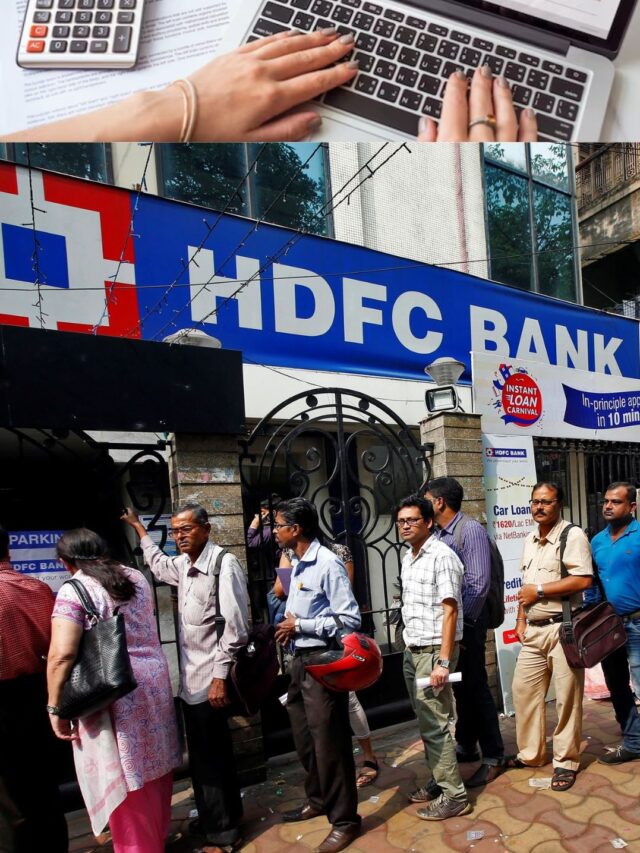

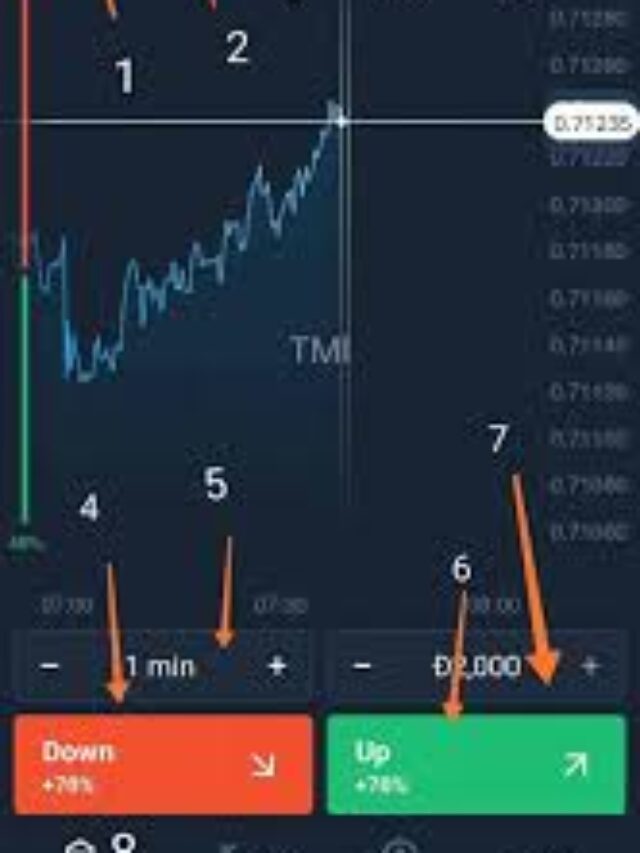
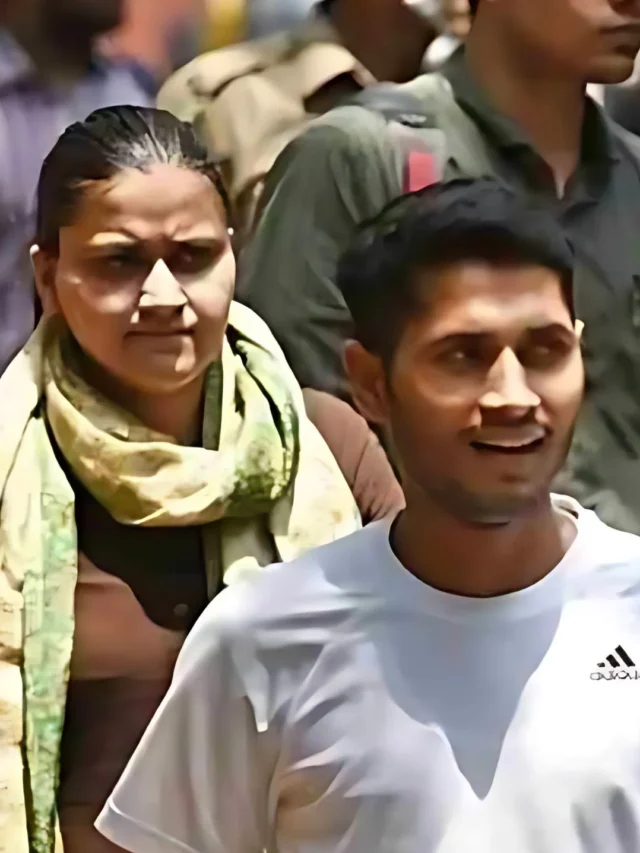
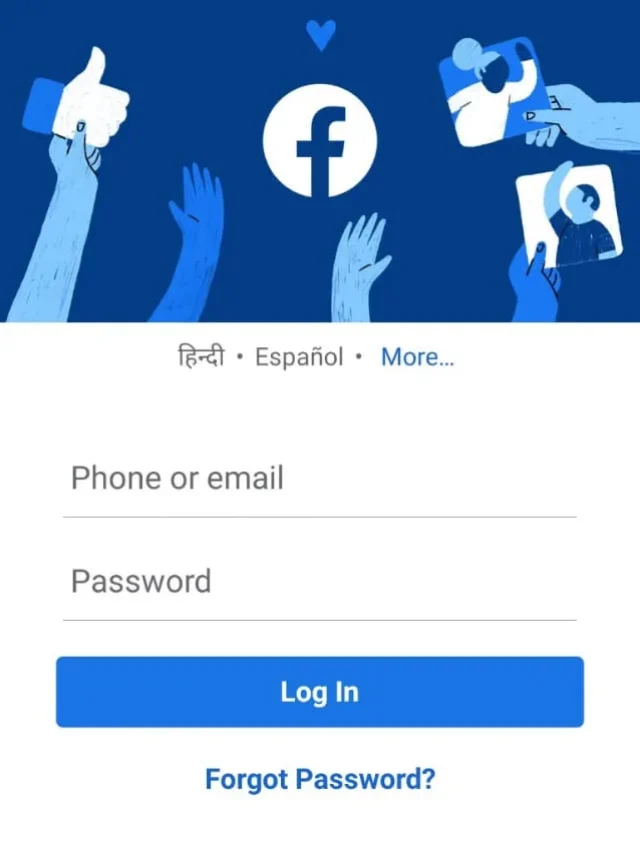




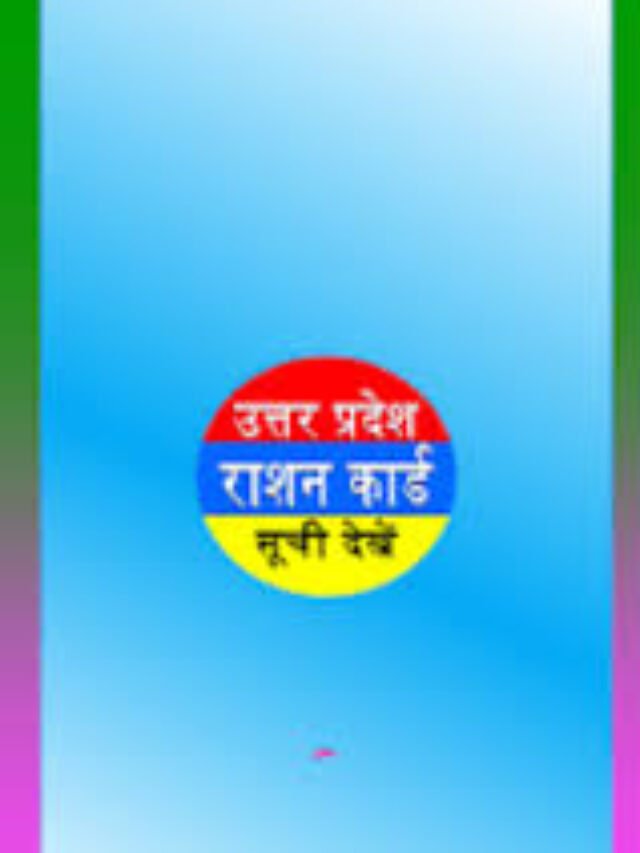
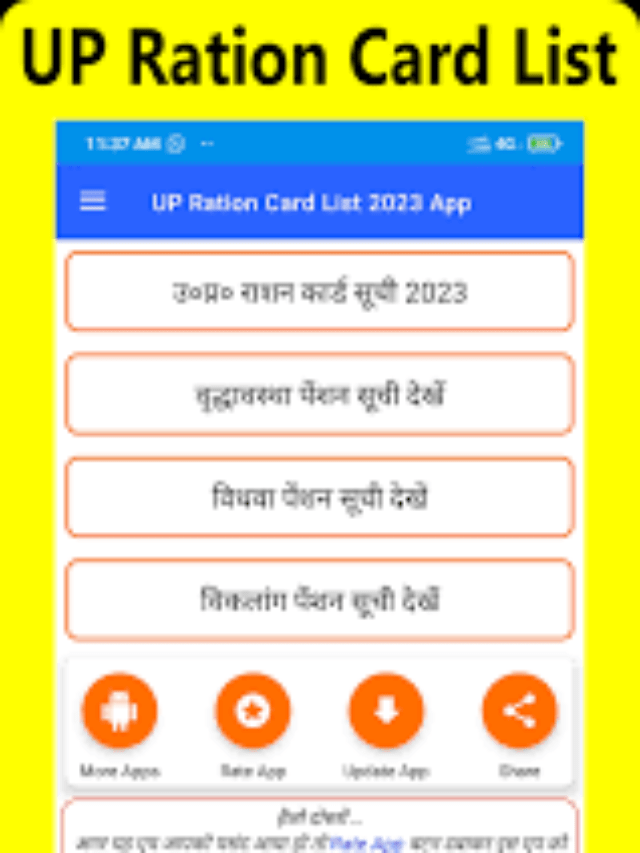
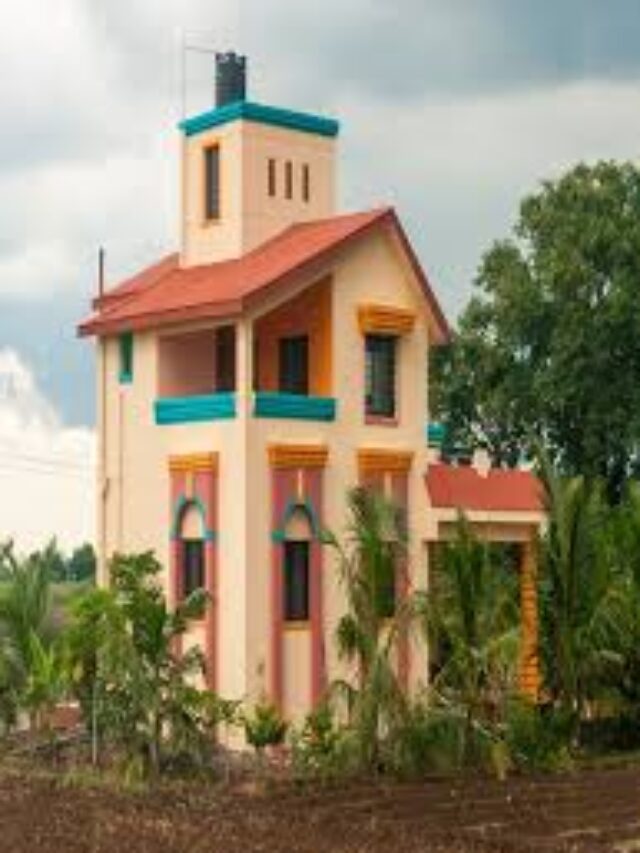
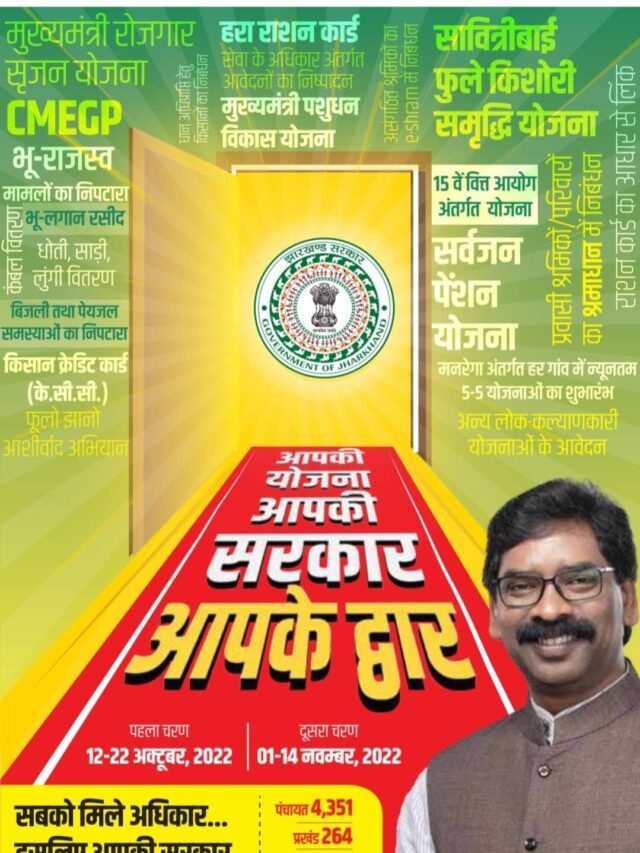
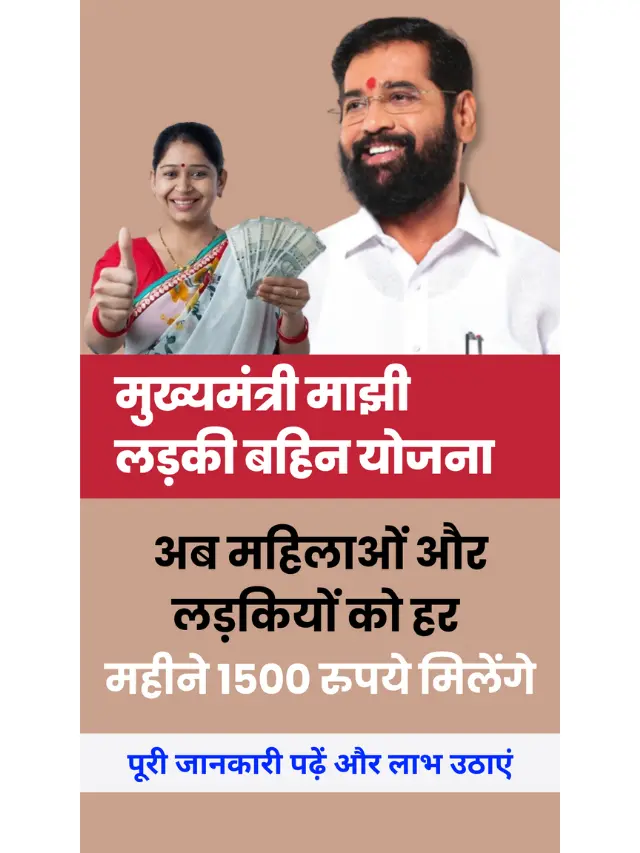













Pingback: Ladli Behna Yojana Maharashtra 2024 लाडली बहना योजना महाराष्ट्र - NREGA Job Card Lists
💕💕💕💕
thank you for oppinion.
Pingback: DBT Aadhaar Link Online DBT आधार लिंक ऑनलाइन - NREGA Job Card Lists
Pingback: I Need 50000 Rupees Loan Urgently 50000 रुपये का तत्काल ऋण - NREGA Job Card Lists